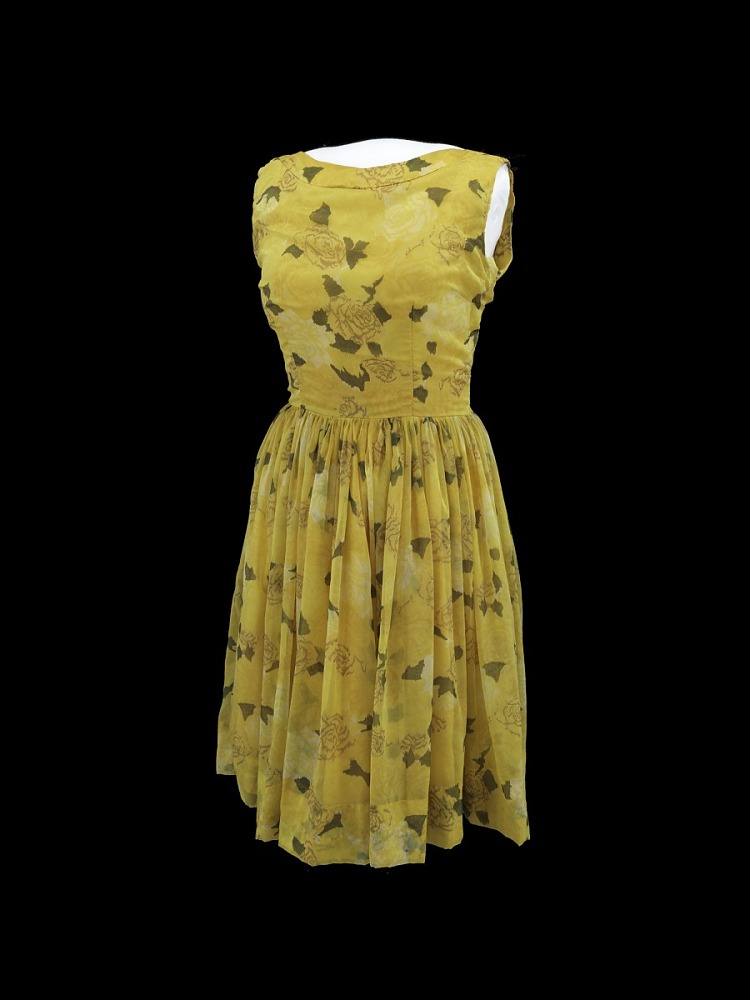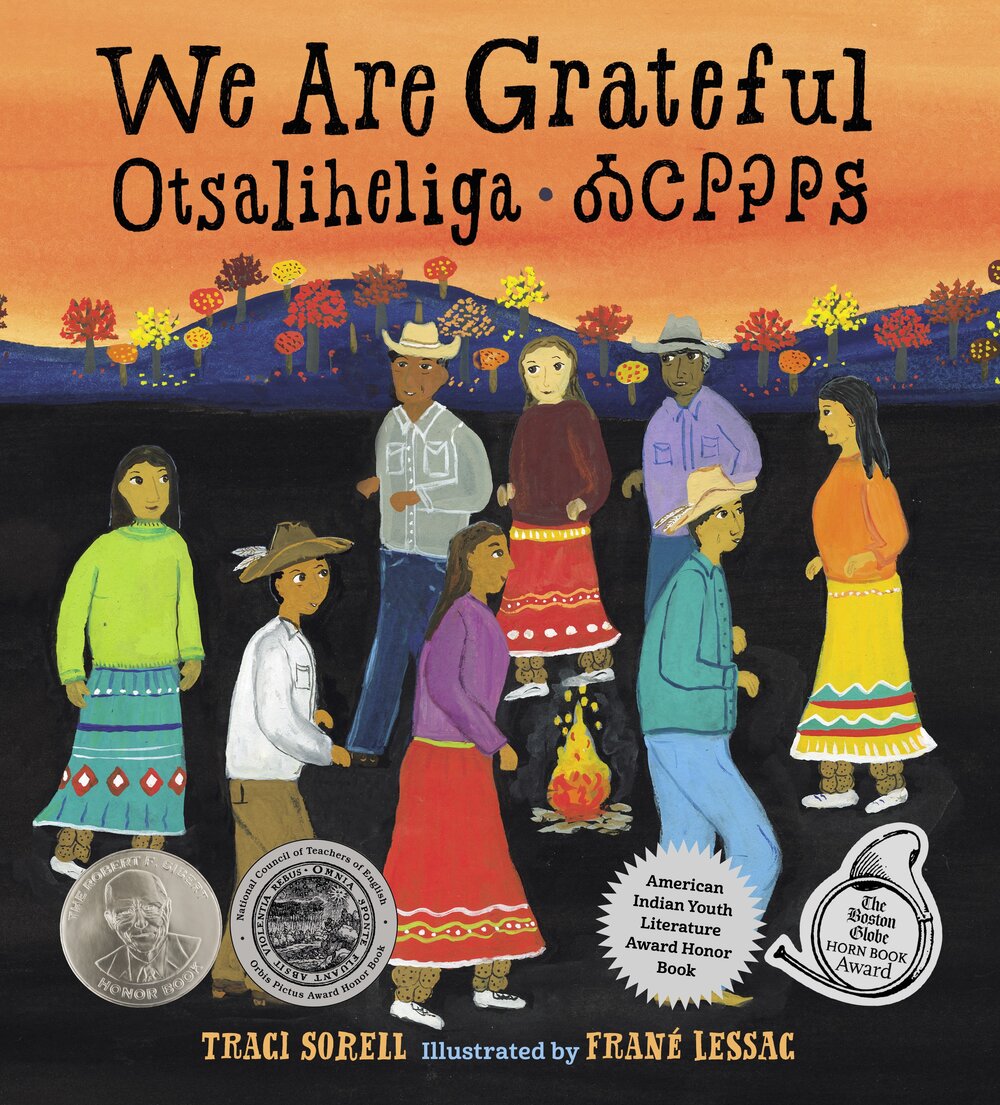As COVID-19 deaths spiked in 2020, Suzanne Firstenberg’s public art installation "In America: How could this happen…"
Museum Artifacts

Grade Range:
K-12
Resource Type(s):
Artifacts, Primary Sources
Date Posted:
9/18/2009
This engraving shows Hernán Cortés (1485 1547), the Spanish captain who headed the conquest of the Aztec Empire. He became a part of popular mythology the moment he arrived in Mexico in 1521. Cortés had spent time in Cuba killing and enslaving its indigenous inhabitants and administering the n

Grade Range:
K-12
Resource Type(s):
Artifacts, Primary Sources
Date Posted:
5/6/2010
This oval lady's compact is made in the shape of a telephone dial. On the dial appears "I LIKE IKE," with a map of the United States in the center. The point is that anywhere you might dial over the country, everybody likes Ike!

Grade Range:
5-12
Resource Type(s):
Artifacts, Primary Sources
Date Posted:
12/28/2010
General Philip H. Sheridan loved music and took a personal interest in his bands. Performing under fire was commonplace for bands under his command. They performed at the front during battle playing the liveliest airs in their repertory.

Grade Range:
K-12
Resource Type(s):
Artifacts, Primary Sources
Date Posted:
11/13/2008
When Theodore Roosevelt was elected President in 1904 and needed an inaugural medal, he gave the commission to scupltor Augustus Saint-Gaudens after rejecting the standard, unmemorable medal typically produced for this occasion by the United States Mint.

Grade Range:
K-12
Resource Type(s):
Artifacts, Primary Sources
Date Posted:
11/6/2008
Before the famous California gold rush, several important strikes were made in the East: in North Carolina, South Carolina, and Georgia. The earliest took place in Mecklenburg County, N.C., in 1799, where a nugget weighing several pounds was discovered. Its finder used it as a doorstop until some

Grade Range:
K-12
Resource Type(s):
Artifacts, Primary Sources
Date Posted:
9/3/2008
This tortoiseshell woman's hair comb dates from the 19th century. A precursor to plastics, tortoiseshell and horn were common materials used in combs since they could be made soft and moldable by heating. As they cooled, they would harden and keep their new shape.

Grade Range:
K-12
Resource Type(s):
Artifacts
Date Posted:
4/7/2016
The National Cash Register Company produced this Model 421 cash register around 1914. The register was used in a Marshall Field & Company department store. The register has three columns of keys for entering numbers, and a fourth column of function keys. The operating crank is on the right si

Grade Range:
K-12
Resource Type(s):
Artifacts, Primary Sources
Date Posted:
9/2/2020
This yellow, floral patterned tea length patterned dress was worn by Minnijean Brown during the Spingarn Award Ceremony in 1958. The Spingarn Medal is a gold medal that has been awarded annually since 1915 by the NAACP. According to the NAACP, the purpose is “to call the attention of the American

Grade Range:
K-12
Resource Type(s):
Artifacts, Primary Sources
Date Posted:
9/3/2020
Mr. Lee only wore these slippers in his home or with his traditional Chinese clothes on special occasions. The slipper sole was thick, flat, inelastic, and shorter than the upper sole to give enough spring for walking. For much of his early life, the Chinese New Year was Lee’s only day of rest fro

Grade Range:
5-12
Resource Type(s):
Artifacts, Primary Sources
Date Posted:
2/3/2011
To control the form of war messages, the government created the U.S. Office of War Information in June 1942. OWI sought to review and approve the design and distribution of government posters. Posters such as this one and their messages were seen as "war graphics," combining the sophisticated sty



















